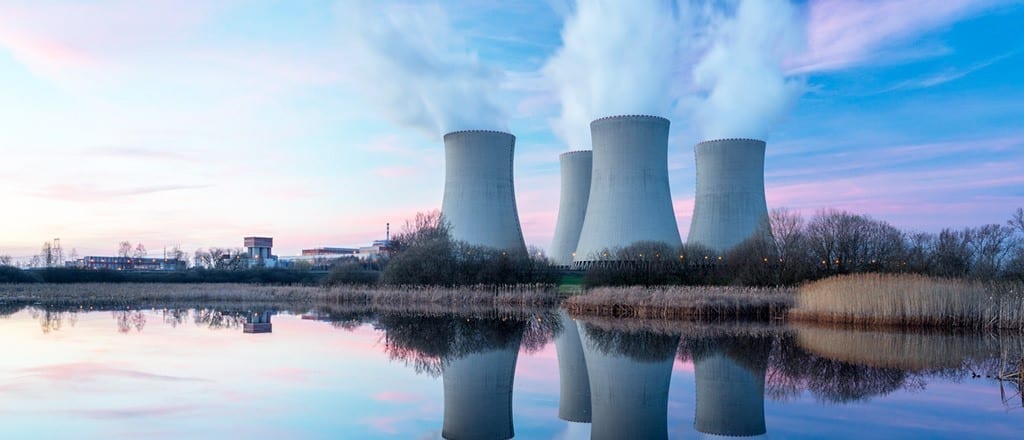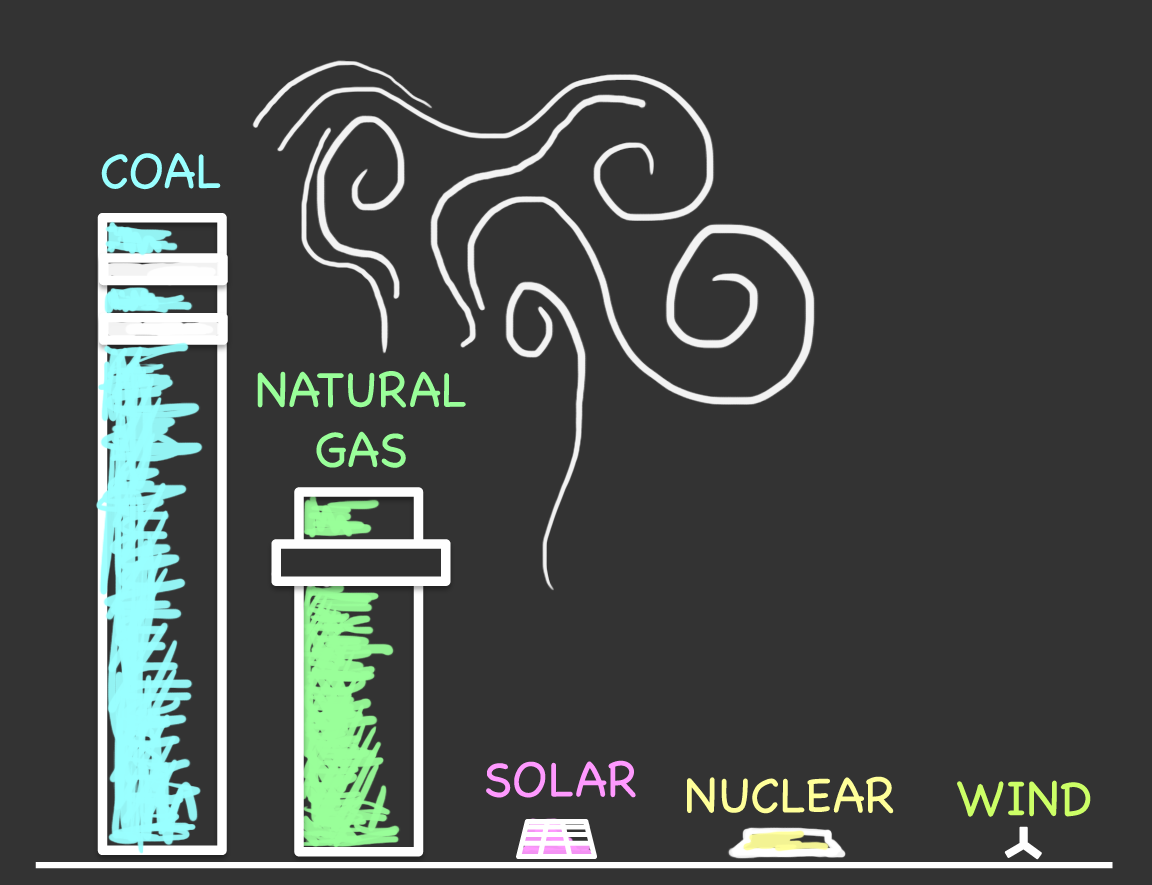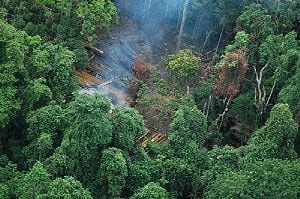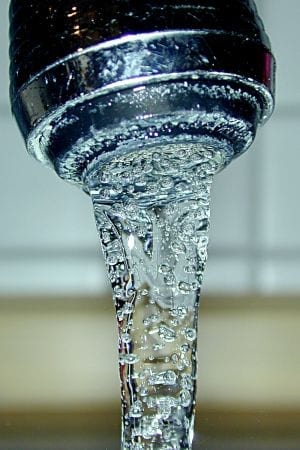
Over the last two days I had a pleasant exchange with a 7th grader from California who wanted to know more about nuclear energy for a school project.
He asked me about a dozen questions on nuclear power and I answered them. It was instructive to realize how I needed to formulate my own words to make sure my responses were simple, brief and intelligible to an intelligent middle schooler. Although a few big words have inevitably crept in I think I have kept the majority of answers simple and straightforward; it was certainly a fun thing to do.
One thing that struck me was how cogent and clear the questions are. They are certainly a testament to the thoughtful consideration which my correspondent and his parents have given to the topic. But it also struck me that they are exactly the kinds of questions which curious laymen who know little about nuclear power may ask (another one of those instances where an intelligent 7th grader is quite a match for an intelligent adult layman). So I added a few of my own and answered them too. I think cases like these where you are constrained to give short and simple answers to scientific questions are not only a good exercise in improving your own understanding of topics but are also a good resource for public education. As Niels Bohr used to say, whatever you want to explain you should be able to explain using plain language.
I do hope that more middle schoolers consider science and engineering careers in energy in general and nuclear energy in particular; responsible future citizens who tackle the energy crisis head on are crucial to this country’s development . Here are the questions and answers, in no particular order.
What are reasons that prove nuclear energy is not the best alternative to replace fossil fuel?
A: Nuclear energy is actually a pretty good replacement for fossil fuels. It emits very little CO2 and other pollutants and provides a lot of energy from a very small amount of fuel. It also generates a very small amount of waste. Compared to this, coal and oil produce a lot of air pollution and waste and you also need a lot of them to generate electricity.
Despite the low cost of running a nuclear power plant, will the expensive cost of making the nuclear power plants make people think about not funding for the nuclear power plants? Why?
A: The expensive cost of nuclear power plants comes from the very long time that is needed to build them; one reason they take so much time to build is because you want to ensure that they are safe, which is a good thing. However there are new power plant designs which promise to shorten this time and reduce the expense. There is especially a new and exciting reactor called the “small modular reactor” which is small and quickly built. In addition you have to balance the cost of power plants against the cost of electricity from them (which is quite low), the small amount of pollution that they cause and the other benefits which they provide over fossil fuels.
The Latest Bing News on:
Nuclear power
- Palisades reopening signals shift toward restarting other nuclear plantson April 29, 2024 at 1:15 pm
While environmentalists remain opposed to nuclear plants, others see them as a way to produce big amounts of power without spewing greenhouse gases.
- Opinion: Russia's nuclear giant is falling through the sanctions crackson April 29, 2024 at 12:25 pm
Even as the 38th anniversary of the Chornobyl nuclear disaster has come and gone, the nuclear threat posed by Moscow continues to grow. Rosatom, the Russian state nuclear energy company, has a hand in this – namely,
- Trump Or Biden, Nuclear Power Is Crucial For The Energy Transitionon April 29, 2024 at 9:54 am
As the world grapples with the existential threat of climate change, one energy solution transcends partisan politics: a bold reinvestment in nuclear power.
- Nuclear Threat Issued to US by Russian State TVon April 29, 2024 at 6:20 am
Russia will respond if members of the NATO military alliance deploy troops to Ukraine, a Kremlin propagandist said.
The Latest Google Headlines on:
Nuclear power
[google_news title=”” keyword=”nuclear power” num_posts=”10″ blurb_length=”0″ show_thumb=”left”]
The Latest Bing News on:
Nuclear energy
- Ninth Circuit clears way for Diablo Canyon nuclear power plant license extensionon April 29, 2024 at 3:42 pm
(CN) — The Diablo Canyon nuclear power plant's new lease on life cleared another hurdle on Monday when the Ninth Circuit Court of Appeals denied a challenge to a license extension granted by the ...
- A Massive U.S. Nuclear Plant Is Finally Complete. It Might Be the Last of Its Kind.on April 29, 2024 at 2:37 pm
A new nuclear reactor reached commercial operation in Georgia on Monday, completing a project whose delays and sticker shock helped upend the near-term prospects for nuclear power in the U.S.
- Palisades reopening signals shift toward restarting other nuclear plantson April 29, 2024 at 1:15 pm
While environmentalists remain opposed to nuclear plants, others see them as a way to produce big amounts of power without spewing greenhouse gases.
- Nuclear Regulators Prevail in Diablo Canyon License Challengeon April 29, 2024 at 1:01 pm
US nuclear regulators properly issued an exemption that allows Diablo Canyon Nuclear Power Plant in California to keep operating while they review the plant’s license renewal application, the Ninth ...
- Opinion: Russia's nuclear giant is falling through the sanctions crackson April 29, 2024 at 12:25 pm
Even as the 38th anniversary of the Chornobyl nuclear disaster has come and gone, the nuclear threat posed by Moscow continues to grow. Rosatom, the Russian state nuclear energy company, has a hand in ...
- Trump Or Biden, Nuclear Power Is Crucial For The Energy Transitionon April 29, 2024 at 9:54 am
As the world grapples with the existential threat of climate change, one energy solution transcends partisan politics: a bold reinvestment in nuclear power.
- Scientists Fused Two Methods to Contain Nuclear Plasmaon April 29, 2024 at 9:30 am
New research suggests two methods could work together to better contain nuclear plasma. Nuclear fusion energy is a “holy grail” idea, but we have a long way to go to make it happen. No one to date has ...
- JEA customers to get nuclear energy from new Plant Vogtle uniton April 29, 2024 at 8:43 am
JEA customers will now receive carbon-free nuclear energy from a new Plant Vogtle unit, according to a news release. Georgia Power’s new Plant Vogtle Unit 4 started commercial operation Monday morning ...
- US firm overcomes 2 key barriers to reach scalable nuclear fusion energyon April 29, 2024 at 3:50 am
The breakthrough would enable denser and better-confined plasma, which is crucial to making fusion energy on a commercial scale.
- Nuclear fusion breakthrough overcomes key barrier to limitless clean energyon April 29, 2024 at 3:04 am
Two of the key barriers to producing power from nuclear fusion have been overcome, in what scientists say is a major advance towards producing near-limitless clean energy. A team at US energy firm ...
The Latest Google Headlines on:
Nuclear energy
[google_news title=”” keyword=”nuclear energy” num_posts=”10″ blurb_length=”0″ show_thumb=”left”]










